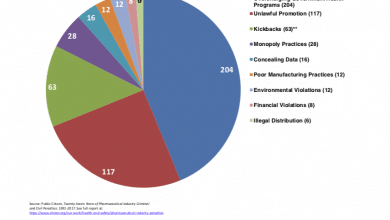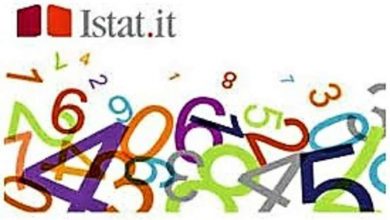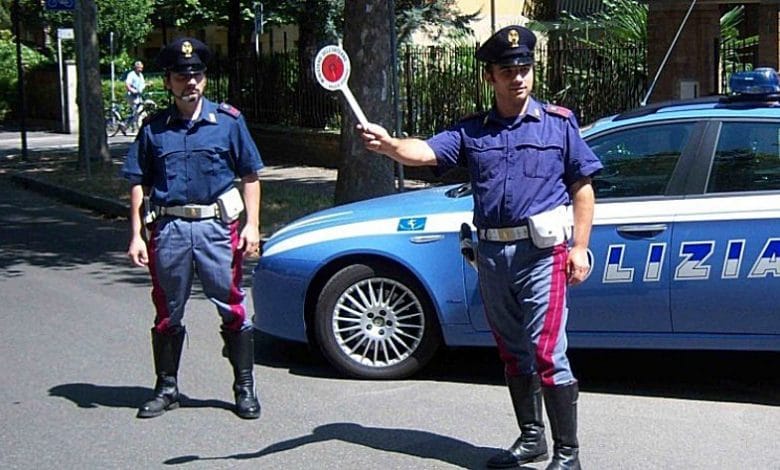
President Mattarella signed the so-called Simplification Law Decree, conversion law of the decree law of 16 July 2020, n. 76, which contains new rules of the Highway Code. However, Mattarella himself in a letter addressed to the presidents of the Senate, Maria Elisabetta Alberti Casellati, of the Chamber, Roberto Fico, and of the Council, Giuseppe Conte raises some criticisms, the main one of which is to have inserted the modification of fifteen articles of the Highway Code , “which do not pertain to matters originally governed by the provision. Significant interventions were made on a discipline, road traffic, which, among other things, has immediate effects on people's daily lives. I invite the government to ensure that during the parliamentary examination of the decree laws no rules that are clearly heterogeneous with respect to the object and purpose of the emergency measures are included. I also represent to Parliament the need to operate in such a way that the amendment activity is carried out in full coherence with the content limits deriving from the constitutional provision“.
One of the most important innovations is the introduction of the notorious speed cameras even on urban roads Of 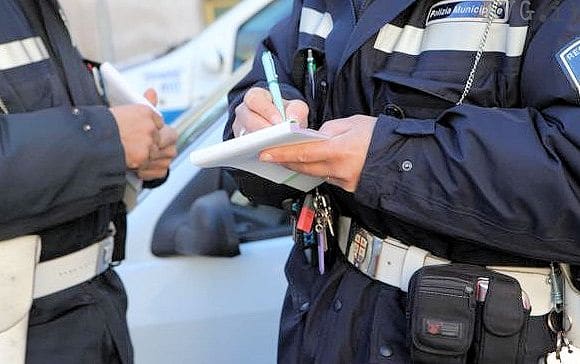 quarter. Until today the CdS did not foresee this possibility, which instead will be introduced by the Simplifications Decree, for one green light on all local roads, on urban cycle roads and, subject to House approval, also sui cycle and pedestrian paths. The direct consequence of this intervention is soon identified: a steep increase in fines against motorists and cyclists, even if they are not guilty of apparently "outside the lines" driving behavior... In any case, there will always be the obligation to display a preventive sign containing the notice and theordinance of the Prefecture that authorizes such forms of automatic controls.
quarter. Until today the CdS did not foresee this possibility, which instead will be introduced by the Simplifications Decree, for one green light on all local roads, on urban cycle roads and, subject to House approval, also sui cycle and pedestrian paths. The direct consequence of this intervention is soon identified: a steep increase in fines against motorists and cyclists, even if they are not guilty of apparently "outside the lines" driving behavior... In any case, there will always be the obligation to display a preventive sign containing the notice and theordinance of the Prefecture that authorizes such forms of automatic controls.
They will be confidential special spaces for the stop and parking of electric cars and the establishment of "school zones", where the protection of pedestrians will be guaranteed with the delimitation of the area through special start and end signs and circulation will be prohibited.
The DL Simplifications will also introduce a new article in parallel, the 12a: this will allow you to ascertain the parking and stopping violations not only to employees of Italian municipalities or private companies that manage regulated parking activities, but also to all those workers whose task is usually that of waste collection and street cleaning. In short, the classics "garbage men" that we all know will be able to obtain, following due training, the status of public official, which will serve them to carry out this secondary service within the limits "of the areas adjacent to those subject to the activity under its responsibility which are functional, respectively, to the management of the spaces for the collection of urban waste or to the use of the lanes or roads reserved for the scheduled service“.
The assessment can also be carried out through the use of digital and photographic equipment, which will add up as the cameras provided for the contestation of violations even when the police forces cannot be present on site. These are usually used to verify speeding, passing through red traffic lights, accessing restricted traffic areas and the use of lay-bys for loading and unloading goods, to which will be added the circulation on roads where there are special signs prohibiting access or transit.
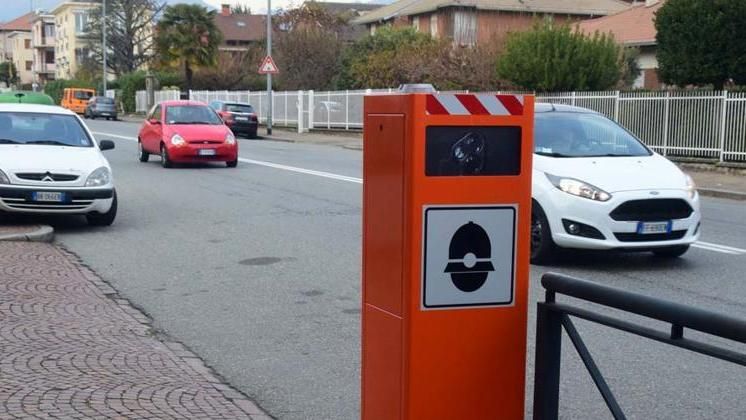 All bicycles circulating or entering circulation, even from a private place, will have the precedence over all other vehicles, who, on the contrary, will only be able to overtake them "at very low speed", in order to limit the probability of "swaying and swaying the bicycle". The bikes, moreover, will also be able to go against traffic (!) on their two-way cycle lane along all the urban neighborhood roads, local roads, urban cycle paths and on all cycle-pedestrian itineraries. Their roadway will be called “cycle lane for two-way cycle path.
All bicycles circulating or entering circulation, even from a private place, will have the precedence over all other vehicles, who, on the contrary, will only be able to overtake them "at very low speed", in order to limit the probability of "swaying and swaying the bicycle". The bikes, moreover, will also be able to go against traffic (!) on their two-way cycle lane along all the urban neighborhood roads, local roads, urban cycle paths and on all cycle-pedestrian itineraries. Their roadway will be called “cycle lane for two-way cycle path.
Finally, bicycles will also be able to circulate on the lanes reserved for public transport, provided that they are not characterized by tracks and with a carriageway width of not less than 4.30 metres, and on urban cycle roads without observing the single file rule, or in any case the one that provides for a maximum of vehicles side by side never exceeding two. [from informamotori.com]
L'ACI in a press release lists a criticism that does not concern the new regulations: "For example, we believe it is a mistake - says Sticchi Damiani - to write in the CdS that the yellow duration must be at least three seconds, because it can create misunderstandings and cause all yellow traffic lights to be calibrated on three seconds as if they were all the same. On the other hand, identifying the right duration of the yellow traffic light derives from a complex and unique calculation for each intersection”.
The different applications of the speed camera. Going back to the reform, with regard to speed cameras, whose fixed positions can be installed (subject to authorization from the prefect) on urban neighborhood roads after the decree becomes law, the ACI has expressed its disagreeing opinion: "We do not think the possibility to install speed cameras on local roads where there is an hourly limit of 30 km/h” said Sticchi Damiani, underlining that this device is “a useful tool for controlling and limiting speed in the most critical or dangerous points, where it is advisable to have the certainty that the speed is reduced, so as to allow you to drive safely" and that instead "the widespread speed camera, perhaps installed to raise money and not even correctly signalled, is harmful, if not downright dangerous, according to the provisions of the legislation" .
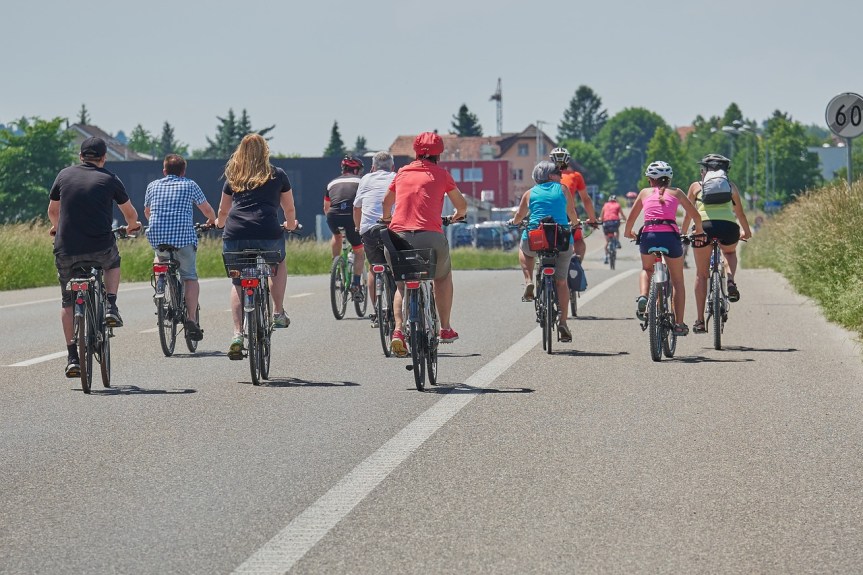 On bikes and fines. For the ACI, all the provisions concerning bicycles also deserve particular attention: "We remain firmly against bikes against the traffic and the possibility that they can pass on the lanes reserved for public transport" specified the institution, explaining that "the accident data they say that these are extremely dangerous practices, also in consideration of the cyclist's exposure to risk compared to four-wheeled vehicles: over 50 times higher”.
On bikes and fines. For the ACI, all the provisions concerning bicycles also deserve particular attention: "We remain firmly against bikes against the traffic and the possibility that they can pass on the lanes reserved for public transport" specified the institution, explaining that "the accident data they say that these are extremely dangerous practices, also in consideration of the cyclist's exposure to risk compared to four-wheeled vehicles: over 50 times higher”.
Finally, the possibility of sanctioning parking by garbage collectors is also contested: "It would seem that from tomorrow even waste collectors can issue fines or have vehicles removed. We hope that this is not the case - writes the ACI - and that the proposal only concerns the expansion of the functions of the traffic auxiliaries who, we recall, must limit themselves to reporting the infringement to the municipal police force. We don't even want to consider the possibility that these new figures will replace the municipal police force ". In conclusion, the Automobile Club of Italy defined "the attention to safety in urban areas as positive, where there are still too many accidents and deaths" but at the same time expressed its concern "that the application of these rules to reality, included in the CdS, is different and differentiated from Municipality to Municipality, creating confusion and unsafe behavior for road users".


